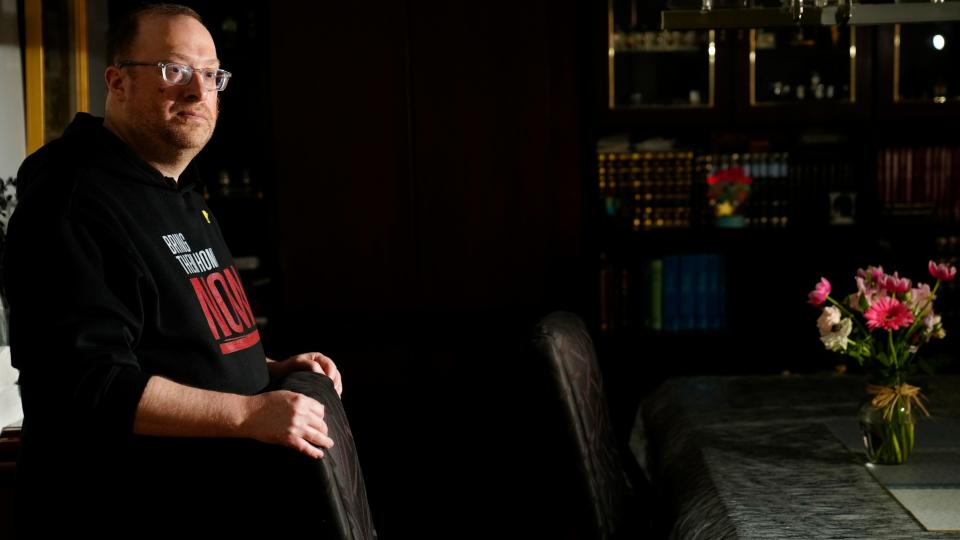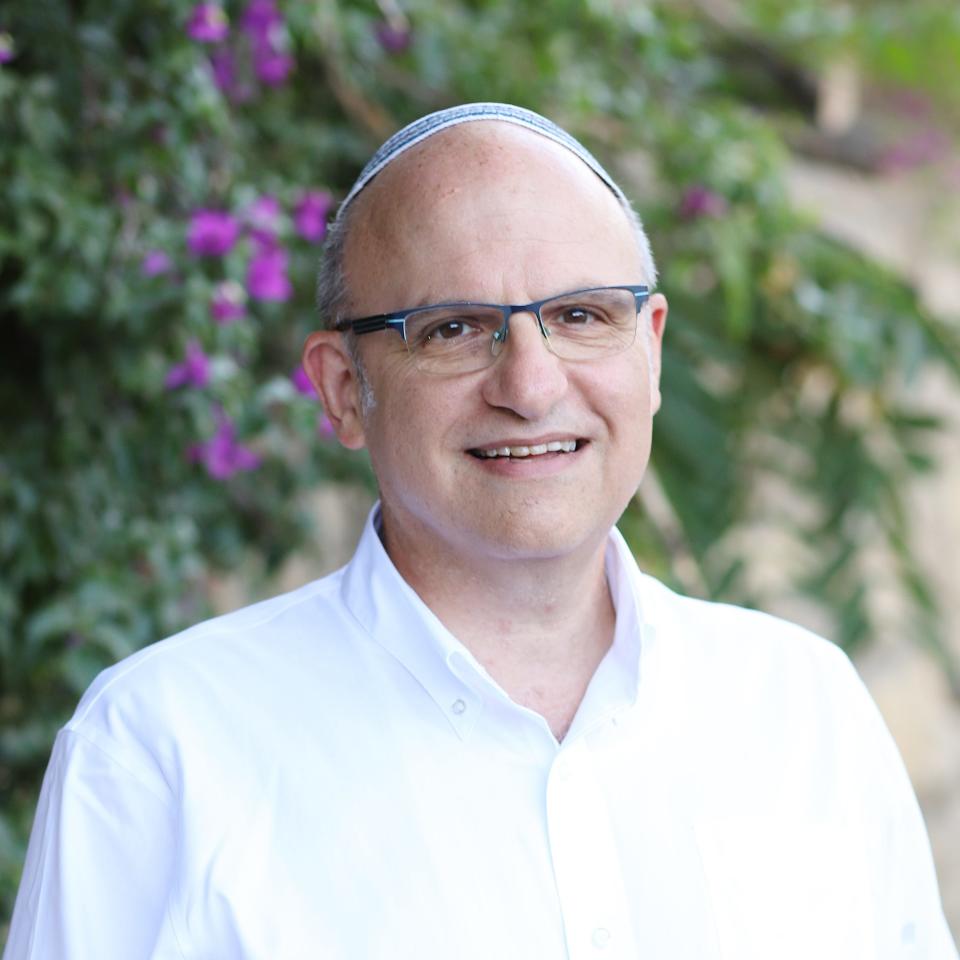This Passover, it’s time to have the talk about antisemitism
Passover, celebrated by the Jewish community from April 22 to April 30, marks the annual celebration and recounting of the story of the Exodus. Meant to be both experiential and academic, the holiday includes various customs guiding dietary consumption as well as practice.
It starts with a Seder evening, where families and friends come together to fulfill the biblical commandment of retelling the story of deliverance from Egypt from generation to generation, from parent to child, in order to celebrate God’s deliverance of the Jewish people from slavery; to tie a modern people to their historical heritage; and to coalesce a people around their shared customs. But this year, as I see it, should not just be about parents telling their children about ancient miracles. This year’s Seder needs to also be about talking to one’s children about the longest and most violent hatred in the world — antisemitism.
A recent survey commissioned by the Melton School of Adult Jewish Learning found that 90% of American Jews aged 35 to 54 already make an effort to celebrate Jewish holidays as a family. So, as families prepare their special Passover foods and for the Seder itself, here are suggested launching points for navigating the tougher conversation at this year’s table — giving our children “the talk” about antisemitism — based on texts from the Passover Haggadah, the universal book that participants use to guide the Seder.

'The Egyptians dealt harshly with us and oppressed us ...,' Deuteronomy 26:7
Antisemitism has reinvented itself throughout history, and each renewed appearance reflects the ideological preoccupations of the moment. Suspecting Jews of conspiracy and wrongdoing is an ancient tradition, practiced — like Passover itself — continuously until today.
The Passover story starts almost 200 years before the Exodus, when Pharoah, ancient Egypt’s king, initially subjugated the Jewish people, taking them as slaves to protect his kingdom from the threat that they may one day align with his enemies and wage war on Egyptian society from within. Despite there being no indicators that the Jews — then called Hebrews — would do so, Pharoah chose to cast blame and fault upon this minority group within Egypt, and enlisted the cooperation of his citizens to empower himself in the eyes of Egyptian society. In other words, “if we can blame this group for any and all of our perceived instabilities, if we can rally our people around the oppression of these foreigners, that will ultimately serve to strengthen us.”
The rhetoric that is being used at anti-Israel rallies across the world today has often devolved into scenes of massive, sometimes even violent and threatening protests against Israel, conjuring up claims of colonialism and genocide, while also attempting to vilify and marginalize those who support the country. These protests far too often serve to not only stake out a position against Israel, but to focus anger and disdain against Jews, using the Oct. 7 war as a rallying point to intimidate Jews.
'In every generation… They rise up to destroy us ...'
As Professor Noah Feldman wrote recently in the cover article for Time Magazine, titled "The New Antisemitism:"
“In antisemitic discourse, Jews are always made to exemplify what a given group of people considers to be the worst feature of the social order in which they live... The practice of projecting immediate social fears and hatred onto Jews grew from the human need to treat some nearby group of people as the 'Other.' Once Jews had become the go-to targets for exemplifying societal ills, the habit stuck.”
While Feldman’s comments are correct, in politically correct Western circles, there was a decades-long pause in the open spread of this type of hate because it risked aligning the speaker with the Nazis. Now though, it is back in vogue, as protesters seek to openly blame the Jews for what they consider to be the greatest ills of society – colonialism, genocide and even global warming.
'What does the wicked son say?' 'What is this service to you?' 'To you' and not to him, The Passover Haggadah
This may be the hardest message to convey, and the hardest to accept for many of those gathered at our Seders this year — that disassociation does not solve the problem but rather makes it worse for the Jewish people.
When it comes to antisemitism, some attempt to disassociate antizionism from antisemitism, yet they fail to truly understand that their antizionist cries “from the river to the sea” do not align with their vision of two states side by side living in harmony, but rather a single state, ostensibly a Palestinian one, replacing the Jewish one. As they disassociate themselves with Zionism, they find themselves aligned with those who seek to employ violence and terrorism against civilians as their means to statehood, and at their core, their argument means to deny the humanity of the Jewish people and their ancient right to freedom and self-determination in their homeland. Antizionism is the modern, and seemingly politically correct version, of antisemitism.

The second form of disassociation comes from the constant fear that young Jews feel in the current political climate. Their dissociation with the Jewish people may provide momentary relief, but in the long run, hate reigns supreme and they will once again be thrust back into the category of the “other” and hated for their inescapable heritage.
The rising tide of antisemitism demands our unwavering attention and readiness to take action. We must recognize it for what it is and confront it head-on, within our communities, on the global stage, and even in our homes at our dining room tables. Let this Passover serve as a call to unity, resilience and unwavering commitment to our Jewish heritage and the values it embodies. As we retell the story of our deliverance, let us reaffirm our determination to combat hatred and pave the way for a future where Jews can live proudly and securely, free from the shadows of antisemitism despite our awareness of its ever-present threat to our world.
Rabbi Morey Schwartz, EdD, is the international director of the Melton School of Adult Jewish Learning.
This article originally appeared on NorthJersey.com: Passover: Time to have the talk about antisemitism

